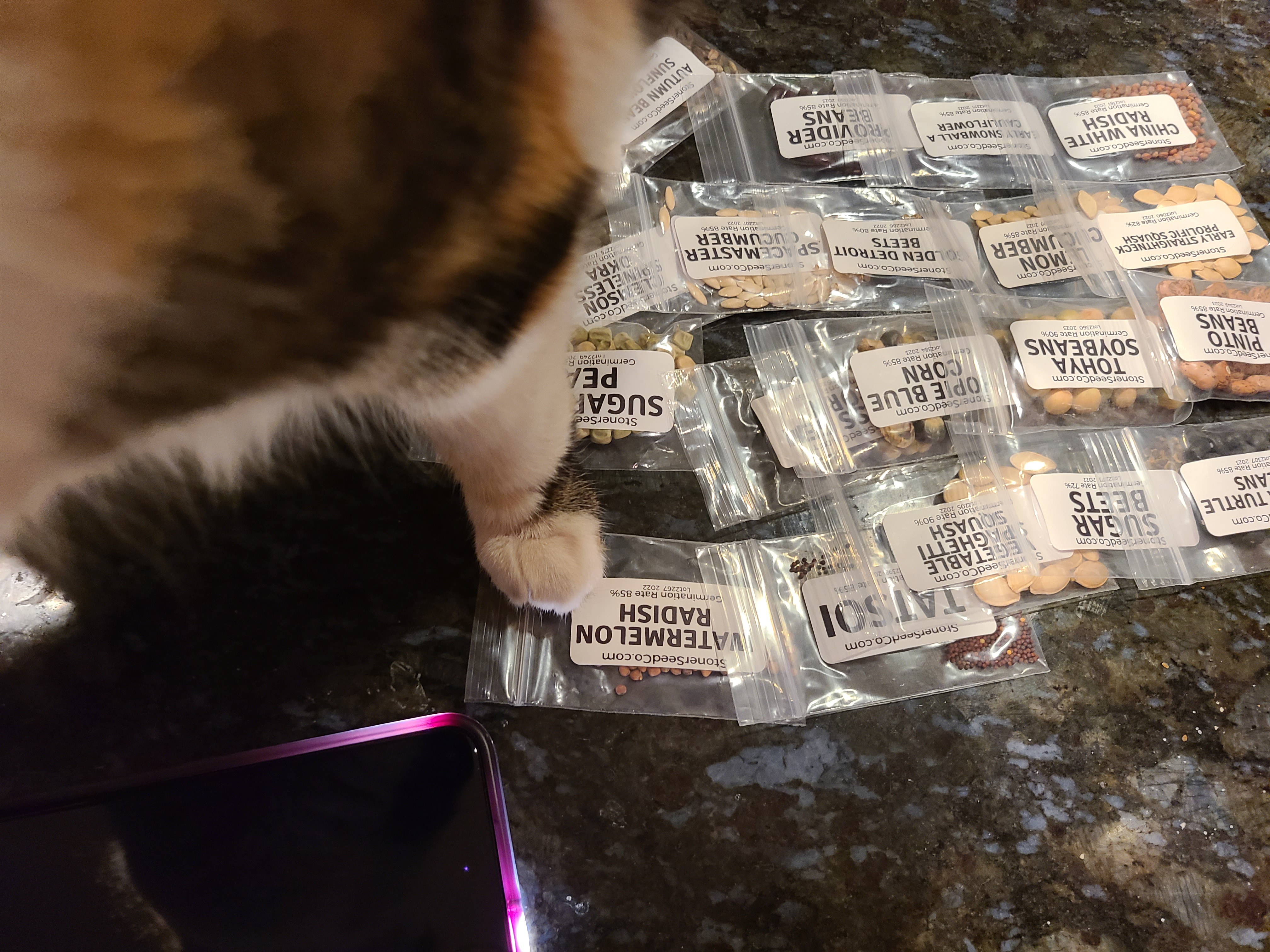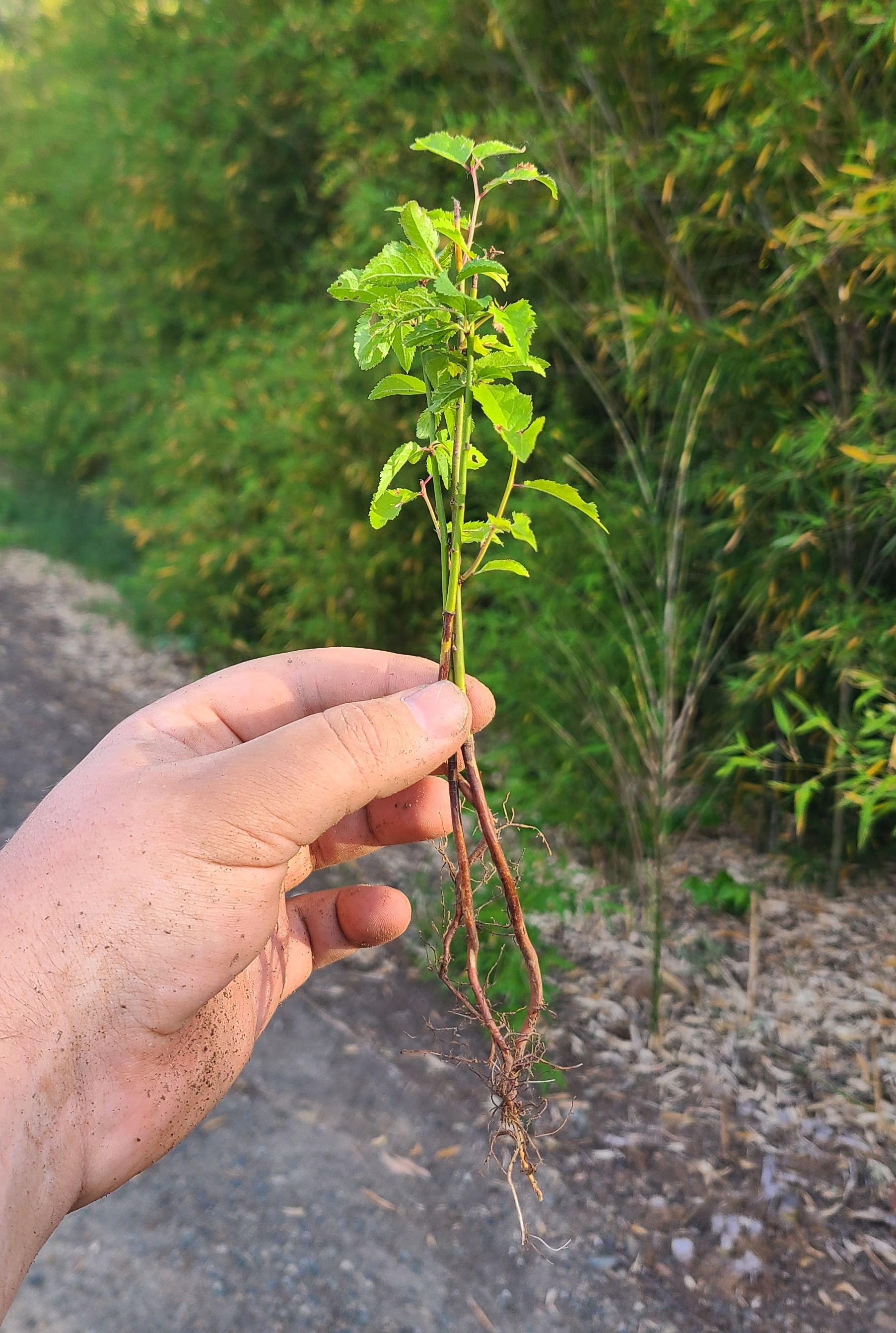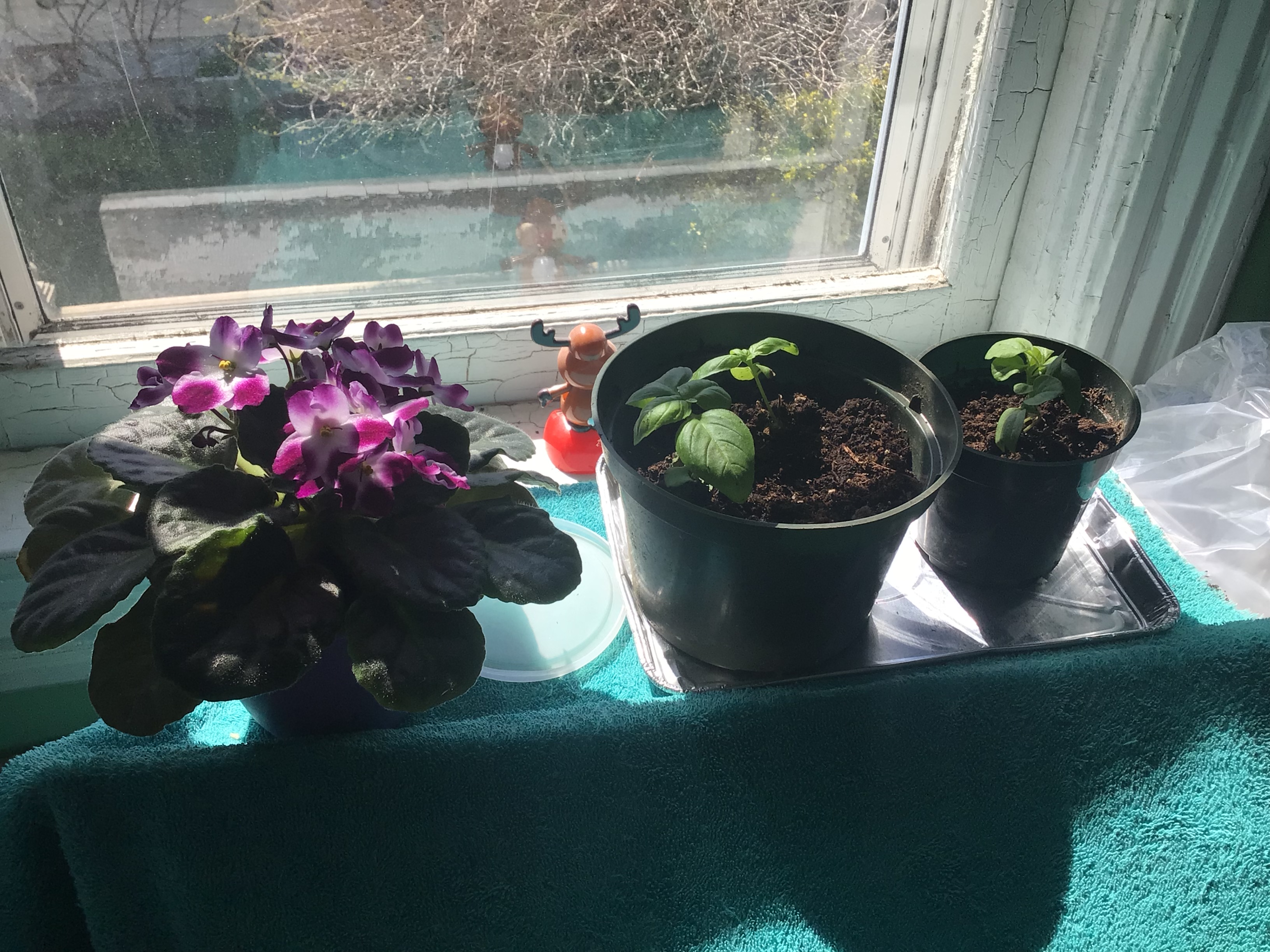This question is asked with surprising frequency. We were all taught in school to "turn that tap off and don't waste water!" Also, the recent regulatory mandates of low-flow toilets and showers which a lot of people seem to hate for some reason. Inevitably the question is raised: "Wait, if all the water on Earth is bound in the water cycle and just goes around the world in perpetuity, why does it matter?" It may seem to many here like a stupid question or a troll if someone asks this, but I think at least some of the people asking this is asking genuinely. In school, I was never given a satisfactory answer for this, it was all vague and oversimplified, and it wasn't until I studied environmental science in university that I understood fully why that is still wasting water. So, I'm about to explain it as thoroughly as I can while keeping it as layman friendly as I can:
First of all, before even considering water: if you keep the tap on, you're wasting energy and other chemicals. Energy because tap water is pumped, and since water is really heavy, a lot of a city's energy goes into keeping the water lines pressurized. Chemicals because tap water is treated, quite intensively in many places, including chlorination, fluoridation, and the addition of certain minerals to do things like combat pipe corrosion. All of those things are resources that need to be extracted from natural sources, refined, and injected into the water, which also takes energy. In some places like parts of California and the Middle East, you might be getting your tap water from a reverse osmosis plant, which is a technological marvel and can produce clean freshwater from sea water or even sewage, but also takes a metric ass load of energy. Finally, if you're running the sink tap or the shower, you're running warm water, which obviously takes energy to heat. And unless you're on 100% renewable electricity and your water heater is electric or heat pump based, municipal tap water has a pretty high carbon footprint. The water heater alone is one of the biggest energy users in a residential home.
But what about wasting water? The Bill Nye episode you watched in 1st grade didn't say wasting energy associated with water infrastructure, it directly said you were wasting WATER. How can that be if the water cycle exists? Well, it is true that water circulates around the Earth, the supply of fresh, drinkable water is highly limited. Most people get their tap water from one of a few naturally occurring places: aquifers and ground water, rivers and streams, lakes, watersheds, snow melt, or some combination of these. However, these have a limited water throughput. With rivers and streams it's the easiest to see, they flow at a certain rate, and you can't exactly increase it when you need more. But it's the same with all of the natural sources of freshwater, you're limited by the rate of precipitation in the area and some other factors like runoff and infiltration rate. Aquifers, lakes and watersheds can act as a reservoir and buffer periodic spikes in water uptake, but even then, how fast they replenish is still ultimately limited by how much water falls on the surrounding area, and if your overall usage exceeds the throughput of that freshwater system, you're going to have a real bad time. And with climate change, we're experiencing more droughts and less even precipitation over a year, so it's actively getting worse.
Another huge problem for many places is seasonal water scarcity, for example, here in the Pacific Northwest. We get a ton of rain all winter long, more water than the relatively few cities can ever use, but only so much of it is stored in the ecosystem, so when the summer drought hits, we start running out of water and have to impose strict restrictions like no watering your lawn (don't get me started on how much of an environmental disaster the Western concept of grass lawns are).
Finally, adding to this, is the ecological consequences of running a freshwater system dry. Many places rely on the natural ecosystem to filter and purify the water before it's taken up into the municipal water system. For example, if your watershed is in a dense old growth forest, the roots of the trees and other plants act as a water treatment system all by themselves, and you don't have to treat the water manually as intensively, saving those aforementioned resources and energy. But, plants need water too, and if you deplete the watershed, you risk degrading or even collapsing the ecosystem that was doing your water treatment, which, you know, is bad.
So yeah, even with the water cycle, you're wasting water by leaving the tap on. In the same way you waste food by not eating it even if it decomposes into compost.







